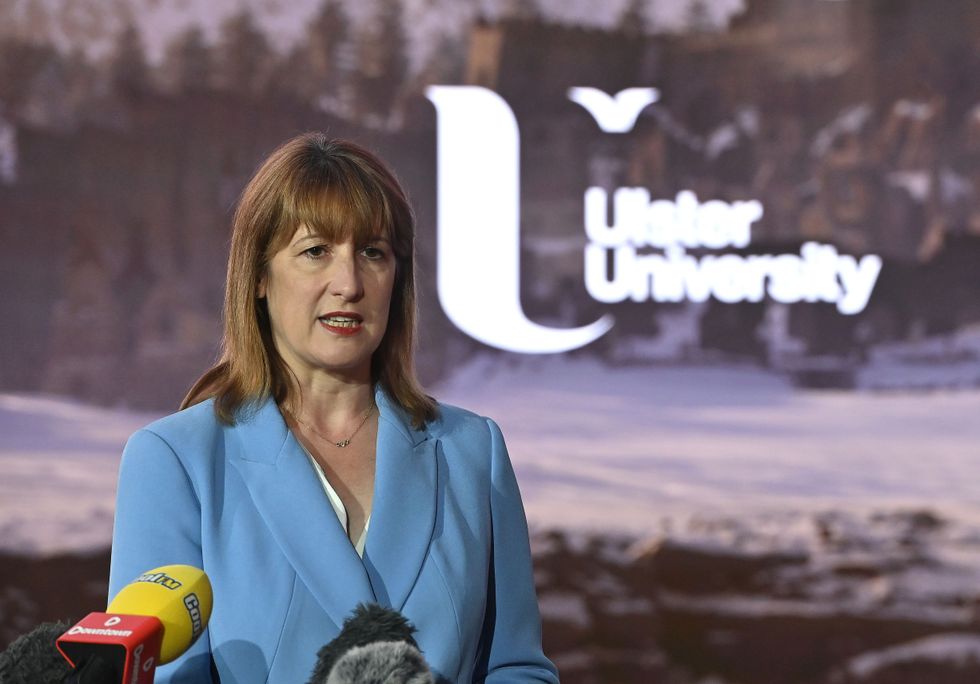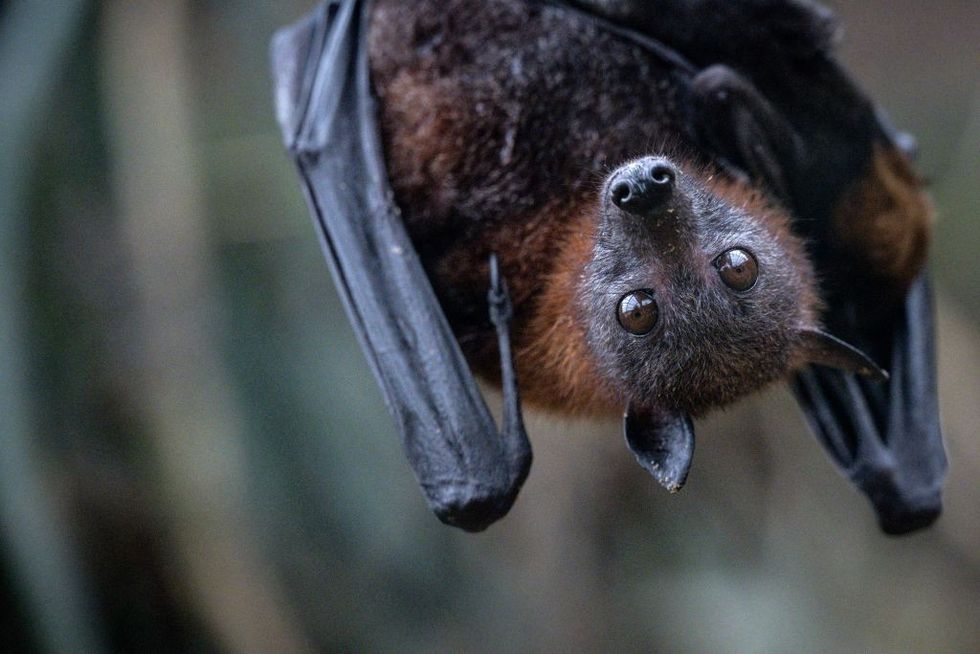Rachel Reeves to axe protections for newts and bats in bid to boost economy

Labour ministers have insisted that an ongoing overhaul of regulations will not come at the expense of nature
Don't Miss
Most Read
Trending on GB News
Environmental protections are set to be scaled back amid frustration "bats and newts" are being allowed to hamper critical infrastructure.
Rachel Reeves is contemplating reforms that would make it more difficult for concerns about nature to stop development.
While Labour ministers have asserted the overhaul will not come at the expense of nature, Ms Reeves reportedly believes the Government must go further.
**ARE YOU READING THIS ON OUR APP? DOWNLOAD NOW FOR THE BEST GB NEWS EXPERIENCE**
Officials within Whitehall have been briefed on looking at much more contentious reforms.
However, any radical move is likely to provoke a furious backlash from environmentalists and cause unease for some Labour MPs, especially those in rural constituencies.
A revised list of protected species is being planned, which would place less weight on wildlife, including types of newt, that are rare elsewhere in Europe but more common in Britain.
Developers would have to conduct a new test which would look at risks and benefits of potential projects rather than having to demonstrate that any potential project would have no impact on protected natural sites.

Rachel Reeves
While no concrete decision has been made, Treasury sources admitted there was a growing belief that the Government needed to go further.
Sir Keir Starmer has previously vowed to end a "challenge culture by taking on the Nimbys [Not in My Back Yard]" who, he said, stood in the way of growth.
The bill aims to encourage development through a "nature restoration fund" where developers will be allowed to advance projects by setting up schemes elsewhere to offset their environmental impact.
However, environmental groups have raised concerns that the bill will do little in practice to help speed up construction, with campaign group Friends of the Earth accusing Labour of attempting to "scapegoat" people with "valid concerns about a project's impact".

Rachel Reeves is looking to clamp down on environmental campaigners
| POOLOne of those pushing for Labour ministers to go further was peer and former energy minister Lord Hunt of Kings Heath.
Lord Hunt said: "While I think the planning bill will work for housing, I don’t think it is sufficiently focused on the major infrastructure projects, so it is encouraging that the Treasury is going to have another look at whether we’ve really got this right.
"The Government has to face up to the tensions in the Habitat Regulations, which are making it hard to build essential infrastructure.
"[But] the reality is that at some point someone needs to make a hard decision and say ‘on some things, you just have to press ahead’."

Sources said there was frustration about 'bats and newts'
|GETTY
Under the current rules, developers must demonstrate and provide evidence that there is no risk to protected sites and species before being allowed to go ahead with projects.
However, critics say these rules impose an "impossibly high standard" on vital projects.
The criticism chimes with recent comments by Ms Reeves who said back in January that developers should "focus on getting things built and stop worrying about bats and newts."
Last month, she told reporters she cared "more about the young family getting on the housing ladder than I do about protecting some snails".
Under current rules, campaign groups and residents have three opportunities to apply for judicial review. However, this will be reduced to two, or one in cases deemed by a judge "totally without merit".
Ms Reeves is now considering allowing only one opportunity to bring any challenge.
Some backbench Labour MPs and peers want her to go further by using specific parliamentary acts to prevent any legal challenge to specific named projects.
The plans are at an early stage and are likely to cause tension with ministers in other departments who have pledged to protect the environment.
More From GB News











